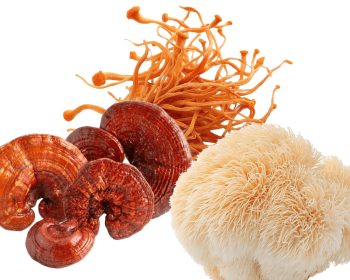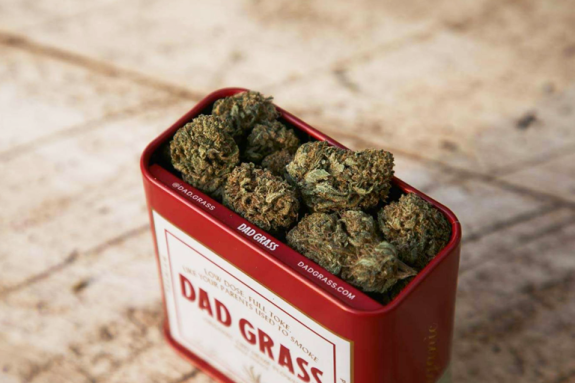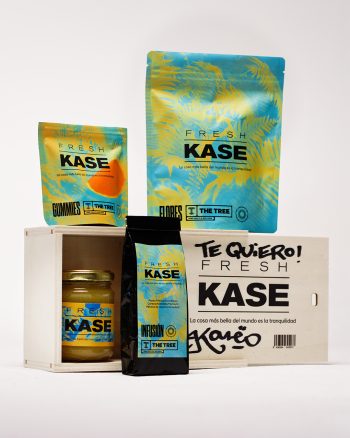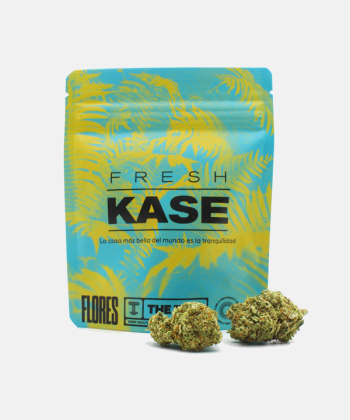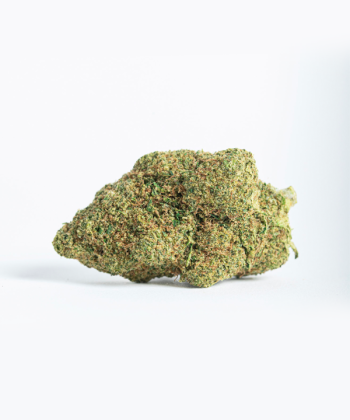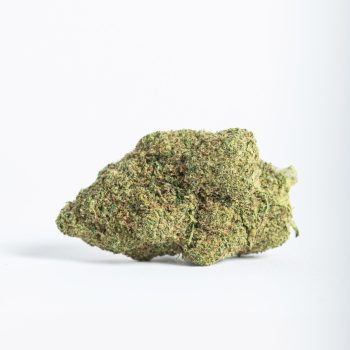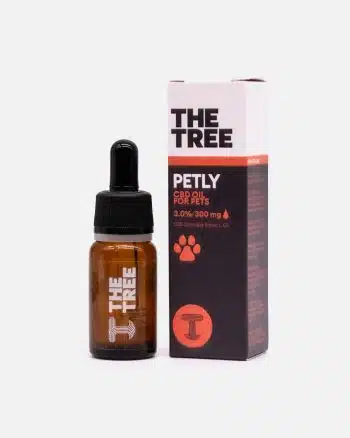Cannabidiol (CBD) is one of many chemical compounds, known as cannabinoids, found in the cannabis plant. It’s a natural compound extracted mainly from the variety of cannabis known as hemp, which has a number of properties.
Unlike tetrahydrocannabinol (THC), another cannabinoid that is the main active component of the cannabis strain known as marijuana, CBD doesn’t produce psychotropic effects. However, it has been found to offer a number of potentially beneficial effects and is used in products such as oils, creams, and sprays, among others.
In recent years, due to the discovery of its properties and thanks to them, a new, thriving, and very promising sector has emerged. This is the CBD retail sector, featuring our online store, for example. You can receive advice and information on CBD and buy the products you need there.
Cannabidiol versus Tetrahydrocannabinol: similarities and differences
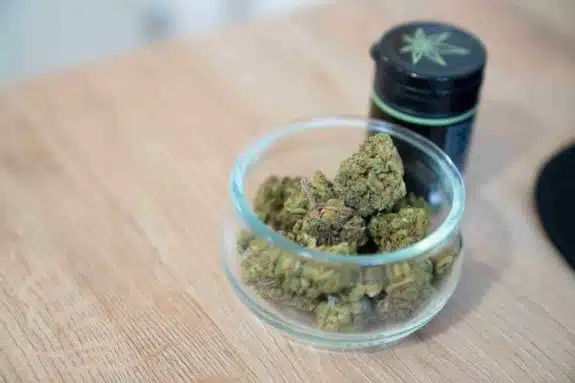
Similarities between CBD and THC
- Origin: Both CBD and THC are found in the cannabis plant, either in psychotropic cannabis (marijuana) strains or in industrial hemp strains.
- Chemical structure: Both compounds share a very similar chemical structure, with their carbon, hydrogen, and oxygen atoms being arranged in a specific way.
- Interaction with the endocannabinoid system (ECS): Both CBD and THC interact with receptors of the endocannabinoid system in the human and mammalian body, which plays a crucial role in the regulation of various physiological functions.
Differences between CBD and THC
- Psychotropic effects: The main difference between CBD and THC lies in their effects. THC, the most abundant cannabinoid in marijuana, is known to produce a psychotropic effect, which can alter the perception and abilities of the person consuming it. In contrast, CBD doesn’t produce these effects and doesn’t alter a person’s consciousness or state of mind, but it does have a number of properties.
- Potential for addiction: Another important difference is the potential for addiction linked to THC. Although it’s not a highly addictive substance, its effects can result in repeated and abusive use that can lead to addiction. In fact, it’s estimated that around 9% of people who try marijuana will become addicted¹. However, as far as CBD is concerned, it has not been found to be addictive and doesn’t cause withdrawal symptoms when people stop using it.
- Legality: The legality of products containing CBD and/or THC varies depending on the country and local regulations. In general, hemp-derived CBD with low THC levels is usually legal in many places, while THC and products with high levels of THC are often subject to stricter restrictions.
Understanding these similarities and differences is key to making informed decisions about the use of cannabis or cannabis-derived products, such as CBD oils, creams, or others.
Uses of cannabidiol
Cannabidiol, or CBD, is a compound derived from cannabis that can have a variety of benefits. These include the fact that it can help those who play sports, that it has anti-inflammatory and analgesic properties that can help to reduce inflammation, relieve pain, and help you sleep, and that it can also be beneficial for skin care.
This compound is very popular with sportsmen and women, as it can help them to relax quicker and recover faster after an intense session of sporting activity².
Furthermore, as CBD has anti-inflammatory properties, it can also help to reduce and alleviate various types of inflammation and may be beneficial in this regard³. Thanks to its analgesic properties, it can also help soothe muscle and joint pain⁴, especially when applied topically.
In addition, cannabidiol can also be useful in helping to improve sleep quality in specific situations involving anxiety and stress, given its anxiolytic properties, which can contribute to better relaxation and rest⁵.
Lastly, we should point out that CBD or cannabidiol can also be very useful in maintaining and caring for your skin, given its cosmetic properties, which have led to it becoming the leading ingredient in many creams⁶.
That said, it’s important to remember that CBD products aren’t intended for the diagnosis, treatment, or curing of any disease. You should always consult health professionals on a case-by-case basis and follow their recommendations.
References
- Is marijuana addictive? | National Institute on Drug Abuse. (2020, 27 May). National Institute on Drug Abuse.
- Rojas-Valverde, D. (2021). Potential role of cannabidiol (CBD) on sport recovery: A narrative review. Frontiers in Physiology, 1210.
- Burstein, S. (2015). Cannabidiol (CBD) and its analogs: a review of their effects on inflammation. Bioorganic & medicinal chemistry, 23(7), 1377-1385.
- Rapin, L., Gamaoun, R., El Hage, C., Arboleda, M. F., & Prosk, E. (2021). Cannabidiol use and effectiveness: real-world evidence from a Canadian medical cannabis clinic. Journal of Cannabis Research, 3(1), 1-10.
- Suraev, A. S., Marshall, N. S., Vandrey, R., McCartney, D., Benson, M. J., McGregor, I. S., … & Hoyos, C. M. (2020). Cannabinoid therapies in the management of sleep disorders: a systematic review of preclinical and clinical studies. Sleep medicine reviews, 53, 101339.
- Atalay, S., Jarocka-Karpowicz, I., & Skrzydlewska, E. (2020). Antioxidative and anti-inflammatory properties of cannabidiol. Antioxidants, 9(1), 21. DOI: 10.3390/antiox9010021

